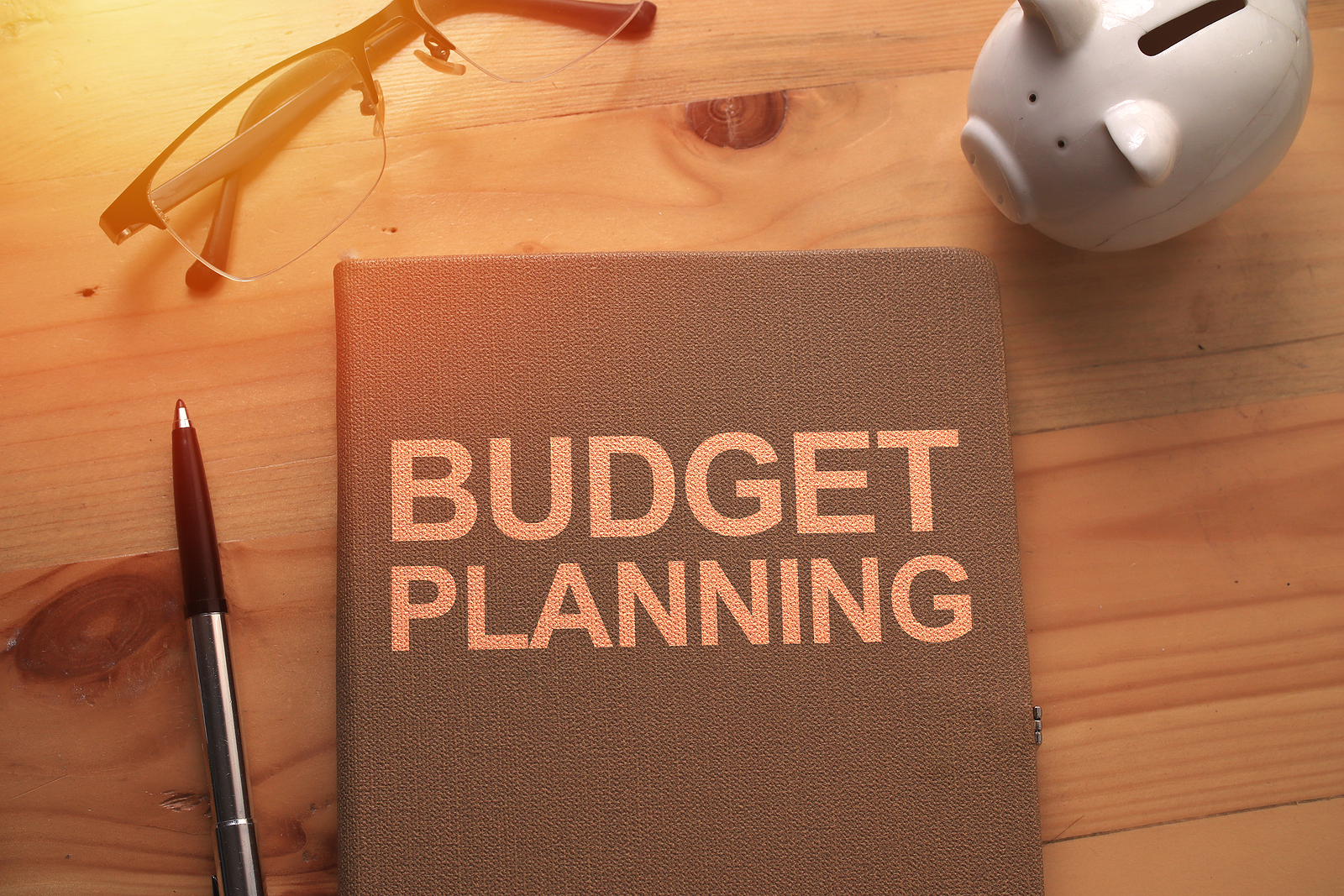
It's surprising that small business marketing was just a sign on a store and maybe advertising in the local paper just a few decades ago. Nowadays, small businesses need marketing strategies to attract customers and increase sales. Competition is stiff, and businesses need an adequate marketing budget if they're to survive, let alone thrive.
The question isn’t whether you need to market your business rather: how much should you spend on marketing? As far as hard numbers go, there’s no one answer to this question. Businesses differ, and so do industries. Your marketing budget will be unique to your company and will depend on a variety of factors, including:
- Size of your business
- Company revenue
- Business goals
- Marketing channels
Regardless of the factors involved, there are several rules of thumb that can guide you when determining the typical marketing budget that works best for your small business. What is a typical marketing budget for a small business? Let's weigh-in.
How Much Should a Small Business Budget for Marketing?
As mentioned, the typical marketing budget for a small business will vary from one company to another. However, the U.S. Small Business Administration (SBA) recommends that businesses with revenue less than $5 million should dedicate about 7% to 8% of their gross revenues to marketing. This recommendation is based on businesses with profit margins of 10% to 12%.
While the SBA recommendation is not definitive, it is a starting point. Your marketing budget includes all costs associated with marketing, advertising, public relations, and social media promotion. In fact, everything that falls under the umbrella term "marketing" should be included in the budget, including freebies, sponsorships, and print ads.
With all this in mind, it's safe to say that the 7% to 8% recommendation is a pretty reasonable start. There will be times you'll have to spend more, for instance, when spreading the word about a new service offering.
On average, according to a Gartner CMO Survey, small businesses spend about 10.5% of their gross revenue on marketing costs, with some companies spending up to 25% of their income. Marketing budgets mainly depend on the size of the business and the firm's goals. Companies that are rebranding or venturing into a new target market spend more than those retargeting their customers.
Planning Your Marketing Budget
Digital advertising has grown into one of the most lucrative advertising channels. Of course, with the expansion of channels from SEO and email to content creation, marketing costs have increased.
How much of your marketing spend delivers a good ROI? It's just as important to track your return on investment as it is to have a robust marketing plan. There's no point in spending more money on channels and activities that just don't work. The first step to creating a marketing budget is to have concrete business goals. Understand how your sales funnel works and audit how your competitors are marketing.
The bottom line: your marketing budget can always be adjusted. Measure what matters and adjust accordingly. Ultimately, what you decide to allocate for marketing should be based on the direction you’re taking your business.
If you're interested in discovering how ADTACK aligns with your marketing budget, connect with us today!





